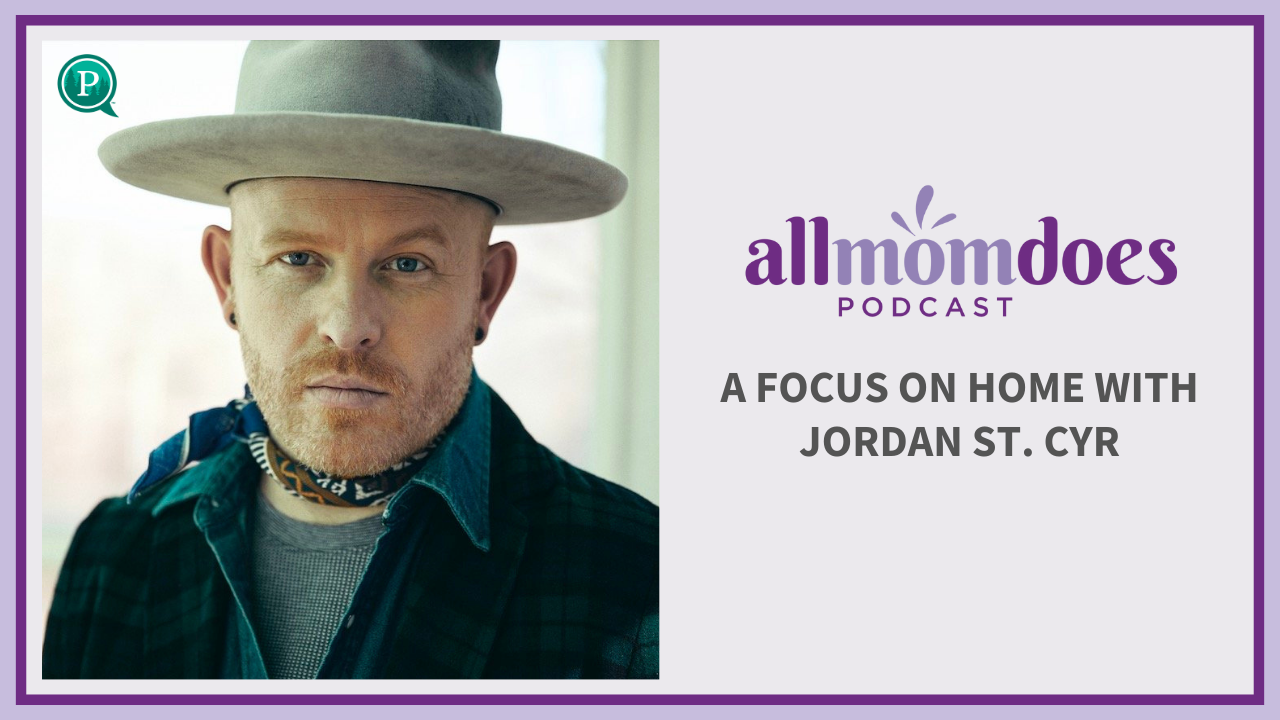It was the third day of summer camp, and we were on our way home. I was going through the regular post-camp questions when my son paused.
“Mom?” he said. “Some of the kids were kind of…a little bit…making fun of my bumpy speech.”
I kept my eyes on the road as I tried to figure out what to say next.
My boy, he has a slight stutter. Most people don’t even notice, but sometimes it’s more pronounced than others.
He’s still young enough that the kids in his classes are sweet and pay no attention, but we’ve always known that the day would come that someone would make fun of it.
Apparently, that day had come.
I asked him who it was. I asked him how it made him feel. I asked him if he was still excited to go to camp the rest of the week. I asked him if he had other friends that were nice.
Thankfully, it didn’t affect his excitement about camp. He had met a group of friends that he played with and paid no attention to his stutter. He admitted that being teased didn’t feel good, but he’s fairly self-confident and didn’t allow it to bother him.
But, of course, it bothered me.
The next morning I talked with the counselors about the situation and asked them to keep an eye on it.
But after giving it some thought, I decided that wasn’t enough.
I decided the parents needed to know.
But not in an angry, confrontational “Your-kid-is-doing-this-to-my-kid” type of way. More in a calm, “This happened, and I’m not angry, but I just wanted to let you know because as I mom I’d want to know about it if my child were doing the same thing” type of way.
Because I would.
I insist my kids demonstrate kindness. I try to instill empathy.
But I’m not naïve enough to think my kids will never do anything to disappoint me. That they won’t make an impulsive, immature, poor choice that will give them a laugh at the expense of another child.
And when that happens, I want to know about it – so I can deal with it.
I know that by speaking with the parents, they may not respond in a way I’d like. I know they may get immediately defensive and get angry. Or that they may choose to parent differently than I do, and that they won’t find it to be a cause for concern.
But that doesn’t mean I shouldn’t try. Because when a young child treats another child poorly, it’s not always because of poor parenting. It may just be due to immaturity and poor decision-making.
And if a parent doesn’t know it’s happening, they can’t parent them through it.
So I’ll continue to treat others the way I’d like to be treated – and that includes calmly approaching parents whose kids may be mistreating mine.
Because when the day comes that mine mistreat theirs, I’d like them to do the same.

















